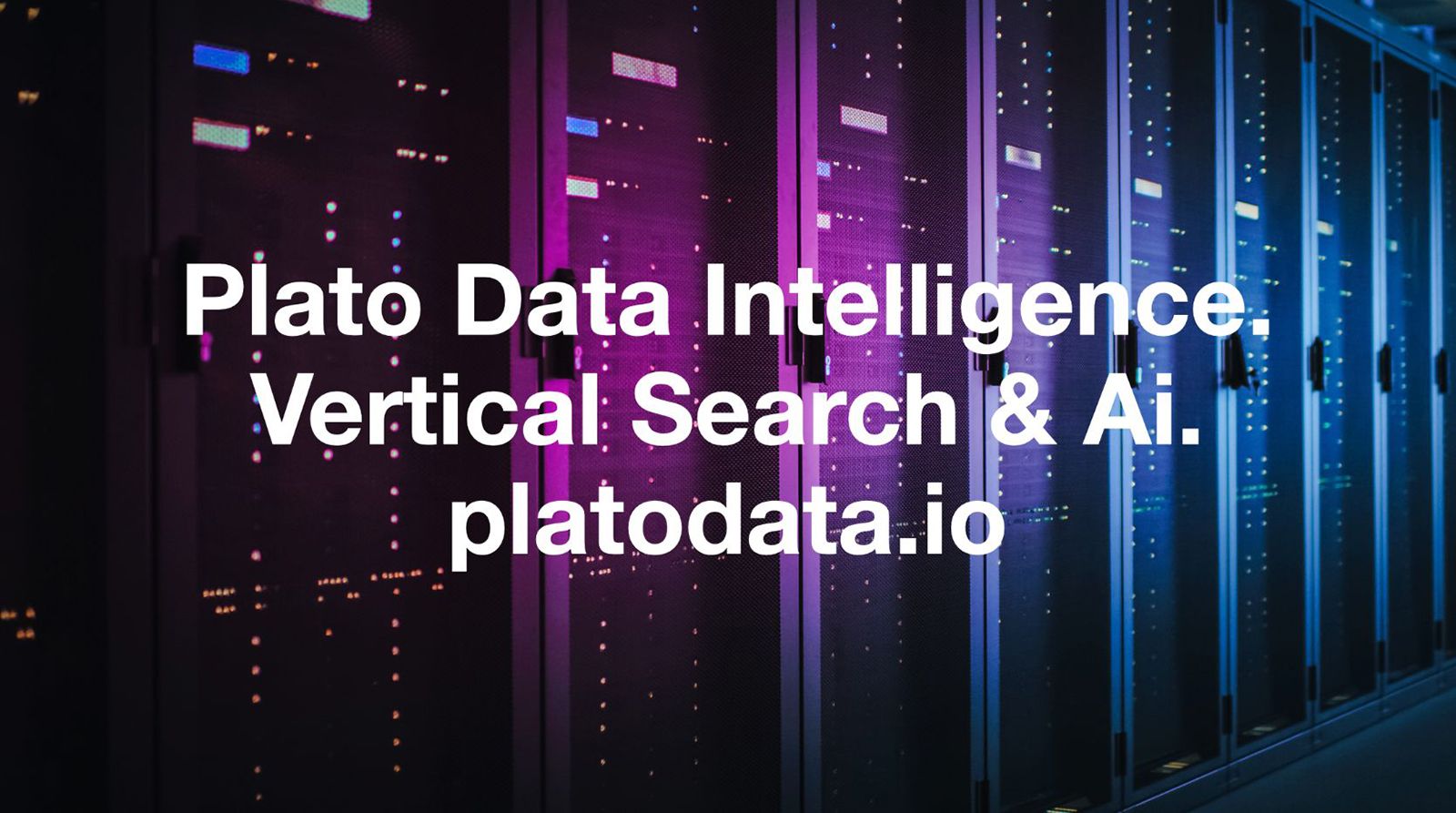
Judge Criticizes Law Firm’s Use of ChatGPT to Validate Charges
In a recent court case that has garnered significant attention, a judge expressed disapproval of a law firm’s utilization of ChatGPT, an artificial intelligence language model, to validate charges. The judge’s criticism raises important questions about the ethical implications of relying on AI technology in the legal profession.
ChatGPT, developed by OpenAI, is a powerful language model that can generate human-like responses based on the input it receives. It has gained popularity in various industries for its ability to automate tasks and provide quick responses. However, its use in the legal field has raised concerns about the potential for bias and lack of transparency.
The law firm in question had employed ChatGPT to review and validate the charges they were billing their clients. The AI system was tasked with analyzing the complexity and accuracy of the legal work performed by the firm’s attorneys. The firm argued that using ChatGPT would ensure consistency and objectivity in assessing the value of their services.
However, during the court proceedings, the judge expressed skepticism about the reliability and fairness of using an AI system to validate charges. The judge highlighted several key concerns that have been raised by critics of AI technology in the legal profession.
One of the main concerns is the potential for bias in AI systems. ChatGPT, like many other language models, learns from vast amounts of data, which can include biased or incomplete information. This raises questions about whether the AI system could inadvertently perpetuate existing biases in legal billing practices.
Additionally, the lack of transparency in AI decision-making processes is another issue. ChatGPT operates as a black box, meaning it is difficult to understand how it arrives at its conclusions. This lack of transparency can make it challenging for clients and judges to assess whether the AI system’s validation of charges is accurate and fair.
Furthermore, there are concerns about the limitations of AI systems in understanding the nuances of legal work. The judge questioned whether ChatGPT could truly comprehend the complexity and value of the legal services provided by the law firm’s attorneys. Legal work often requires human judgment, interpretation of case law, and consideration of unique circumstances, which may be beyond the capabilities of an AI system.
The judge’s disapproval of the law firm’s use of ChatGPT highlights the need for careful consideration and regulation of AI technology in the legal profession. While AI can offer efficiency and objectivity, it should not replace human judgment and expertise.
To address these concerns, it is crucial for law firms and legal professionals to establish clear guidelines and ethical standards when using AI systems. Transparency in AI decision-making processes should be prioritized, allowing clients and judges to understand how AI systems arrive at their conclusions. Additionally, efforts should be made to continuously monitor and mitigate biases that may be present in AI models.
In conclusion, the judge’s disapproval of a law firm’s use of ChatGPT to validate charges raises important questions about the ethical implications of relying on AI technology in the legal profession. While AI can offer benefits, it is essential to address concerns regarding bias, transparency, and limitations in understanding complex legal work. Striking a balance between human expertise and AI technology is crucial to ensure fairness and justice in the legal system.
- SEO Powered Content & PR Distribution. Get Amplified Today.
- PlatoData.Network Vertical Generative Ai. Empower Yourself. Access Here.
- PlatoAiStream. Web3 Intelligence. Knowledge Amplified. Access Here.
- PlatoESG. Carbon, CleanTech, Energy, Environment, Solar, Waste Management. Access Here.
- PlatoHealth. Biotech and Clinical Trials Intelligence. Access Here.
- Source: Plato Data Intelligence.
- Source Link: https://zephyrnet.com/judge-not-okay-with-law-firm-using-chatgpt-to-justify-fees/
- SEO Powered Content & PR Distribution. Get Amplified Today.
- PlatoData.Network Vertical Generative Ai. Empower Yourself. Access Here.
- PlatoAiStream. Web3 Intelligence. Knowledge Amplified. Access Here.
- PlatoESG. Carbon, CleanTech, Energy, Environment, Solar, Waste Management. Access Here.
- PlatoHealth. Biotech and Clinical Trials Intelligence. Access Here.
- Source: https://platodata.network/platowire/judge-expresses-disapproval-of-law-firms-utilization-of-chatgpt-to-validate-charges/



